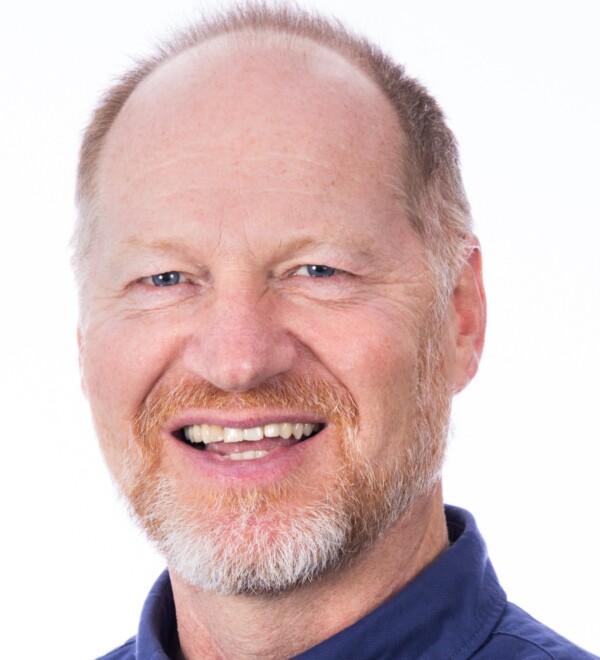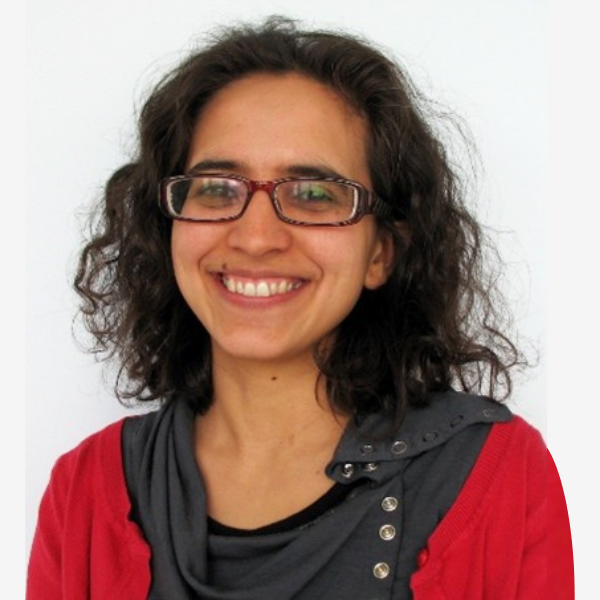Deaf children share insight on what researchers should study next
Deaf children and people with experience of childhood deafness from across the UK have come together to highlight what matters most to children affected by deafness and hearing loss, as part of a project funded by the National Deaf Children’s Society and the National Institute for Health and Care Research (NIHR).
From 2023 to 2025, a team of parents, young people and professional set out to compile a list of the ‘Top 10’ most important questions that researchers should be trying to answer about childhood deafness and hearing loss. The aim was to create a top 10 from both deaf children and adults (young people, families and health and education professionals). The team used what’s known as a James Lind Alliance (JLA) priority-setting process to ensure the robustness of the project.
The project was led by The University of Manchester (UoM) in conjunction with researchers from Aston University and Lancaster University. The hope is that it will ultimately lead to more research into childhood deafness, in the specific areas it’s needed most.
The research was co-funded by Professor Kevin Munro’s personal NIHR Senior Investigator award. It was supported by the NIHR Manchester Biomedical Research Centre (BRC), with research audiologists Dr Anisa Visram co-leading the project and Dr Jenny Chan as the project co-ordinator.
Prof Munro (pictured right), Professor of Audiology at UoM and a researcher in Manchester BRC’s Hearing Health Theme, said:
“It was important to fund this work because it provides the impetus and direction for future research into childhood hearing loss. This is a critically under-researched topic that is needed if children with hearing loss are to be provided with the best opportunities in life. This project has been a longstanding goal for Manchester and to now have two lists of priorities – one from children themselves which, I believe, is unique – is fantastic. “


Project co-lead Dr Anisa Visram (pictured left), from The University of Manchester and Manchester BRC’s Hearing Health Theme, said:
“This has been an incredible project to work on with an amazing, committed, and diverse stakeholder group feeding into the process at all stages. We have formed important collaborations with deaf young people, parents of deaf children, and a whole range of professionals working with deaf children. The group plan to keep working together to promote the two Top 10 lists and help to develop research projects to start to answer these important questions.”
Several hundred respondents contributed to the project through a series of online surveys. Children were involved through activity-based focus groups. Respondents submitted over 1200 ideas for research questions in the initial surveys.
These were summarised into a list of 59 unique questions, and a second survey was used to prioritise the questions. The top 21 questions were then taken to two final full-day workshops where participants collaborated to choose their top 10 priorities.
Children highlighted the potential impact of them ‘missing out’ on things happening around them when interacting with their peers as their top priority, demonstrating the importance of social development for deaf children.
Family relationships and educational needs ranked as high priorities for both adults and children, coming in the top 3 for both groups.
Adults ranked educational needs as number 1, highlighting the importance of supporting deaf children in schools, particularly those with additional needs.
Other important areas for research included understanding what support is needed for children with mild and unilateral deafness, the impact of language deprivation on deaf children and how deaf children can be supported to understand their deafness and become empowered to advocate for themselves as they grow up into deaf adults.
Participants reported feeling valued as part of the project and satisfied that their feedback is reflected in the final lists. One of the children who took part in the workshop said “I learnt that my voice matters and I can make a difference for me and other deaf children.”
Following the project, a Childhood Deafness Research Network is being created with Vocal to bring together people with lived experience of childhood deafness and researchers from across the UK. The Network will play a vital role in supporting and developing research projects, keeping a focus on the Top 10 priorities and providing strategic advice to the Hearing Health Theme of Manchester BRC.
Dr Amanda Hall is also a co-lead on the project and has been supported by the Aston University. She said “It has been a real privilege to be part of this JLA partnership, working alongside deaf young people, families of deaf children and professionals to identify our two top sets of top 10 research questions. We hope this is just the beginning of more research that reflects what matters most to deaf children, their families and professionals, and of more opportunities to work together.”
Dr Hannah Stewart from Lancaster University, focus groups lead on the project, said: “We were absolutely thrilled to involve deaf children and young people throughout this project. Their insights were invaluable. From co-designing many elements of the project to helping us shape and rank the top 10 research priorities, their voices guided every step. It was a privilege to work with them.”
Juliet Viney is a parent to a deaf child and has supported the project as a parent partner. She said: “It has been an absolute privilege working as a parent partner developing our Top 10 most important research questions for childhood deafness. This project has brought together and empowered deaf children and young people, parents and professionals from across the UK; using their valuable lived experiences to provide them with a strong voice to guide researchers towards addressing what is most needed to improve deaf children’s educational, health, social and emotional outcomes. I am excited to see which questions will be pursued in further research and the positive impacts these will have on the lives of deaf children!”
Dr Sian Lickess, Research and Analysis Lead at the National Deaf Children’s Society, said: “We are proud to have supported this important partnership, which has brought together the voices of deaf children, their families and professionals to shape future research priorities. The resulting Top 10 lists represent an important step toward ensuring research is aligned with real-world needs and is meaningful to those most affected. We look forward to the impact this work will have on improving outcomes for deaf children.”
The full list of priorities identified can be found at: childdeafnessresearch.co.uk
As well as the National Deaf Children’s Society and NIHR, several other partners have also contributed to the project. These include PF Charitable Trust, Research England’s QR Participatory Research Fund to Lancaster University, and UKRI Future Leaders Fellowship MR/X035999/1.